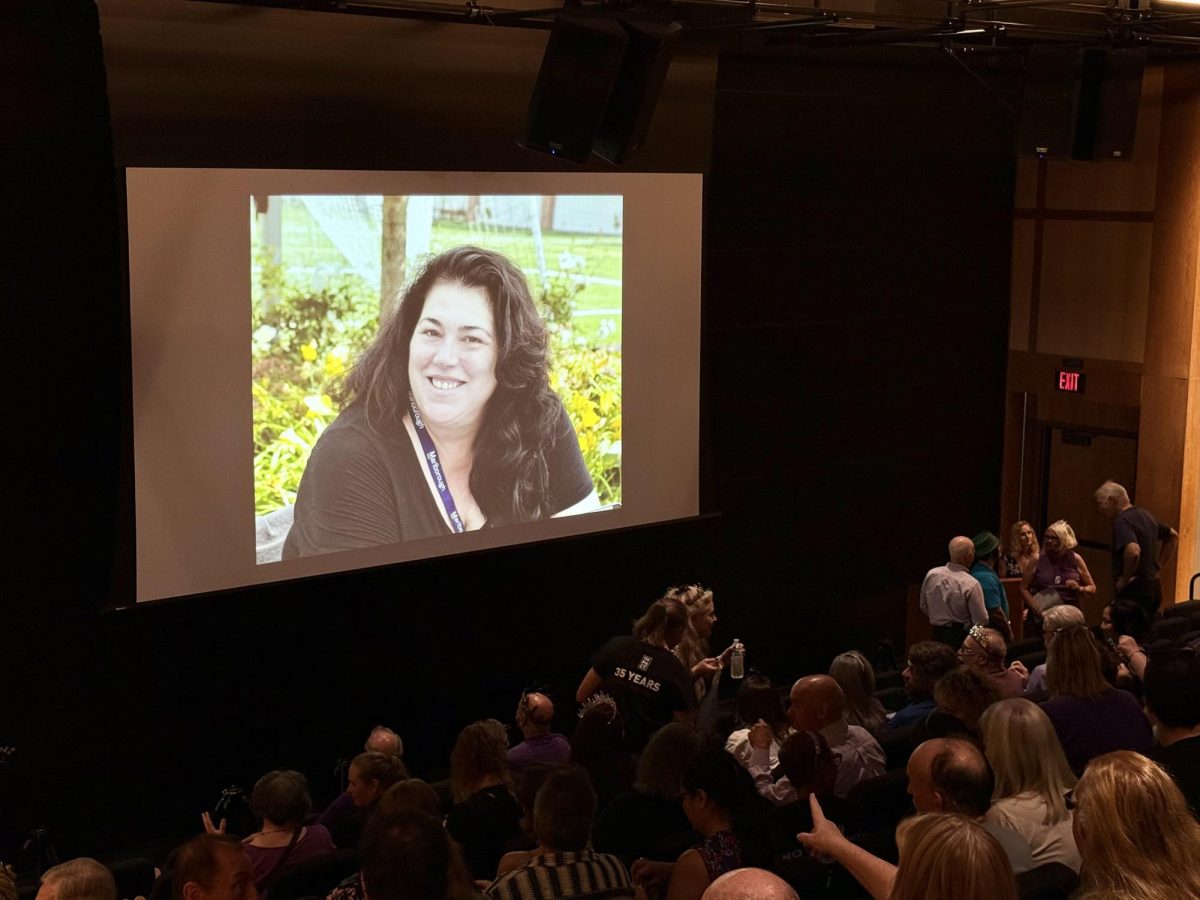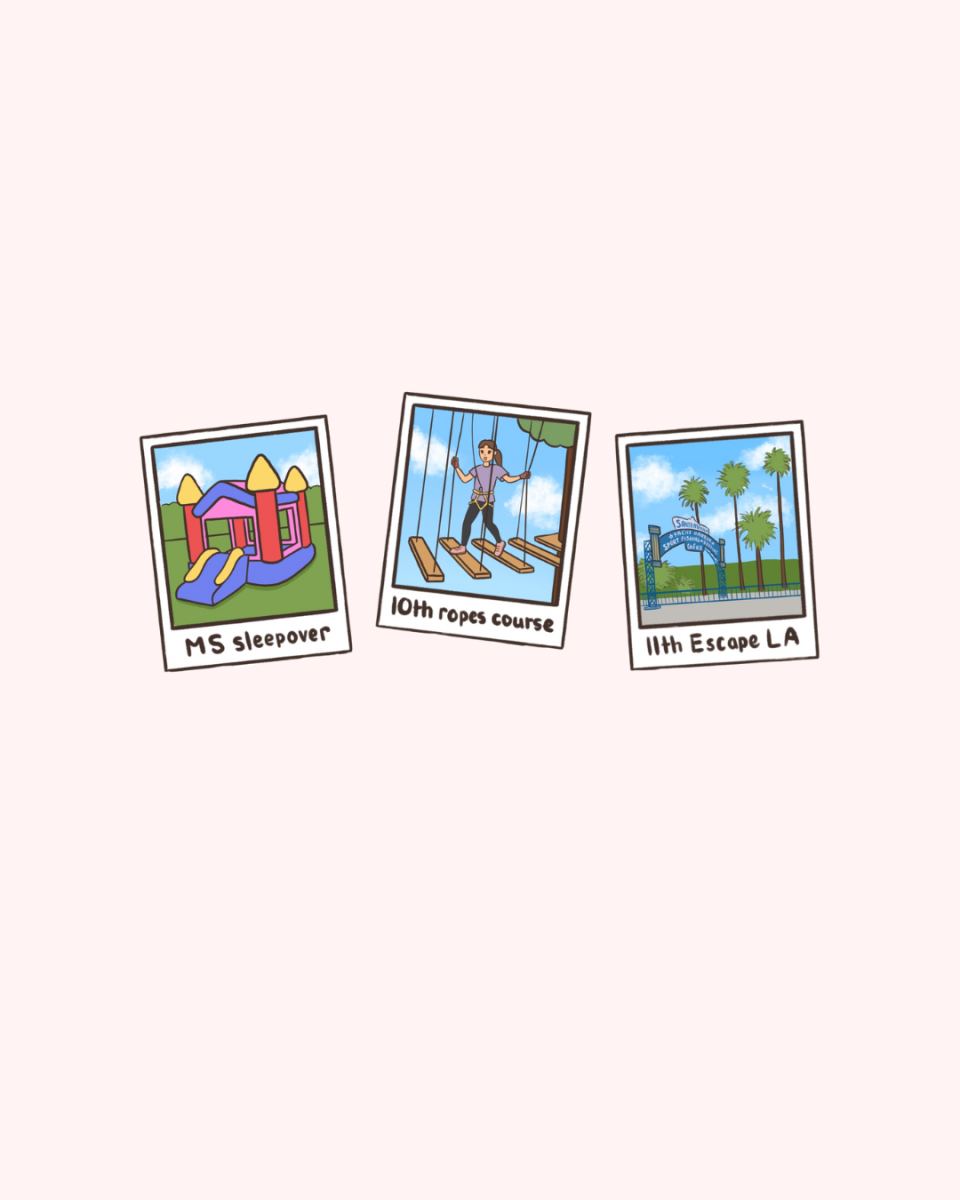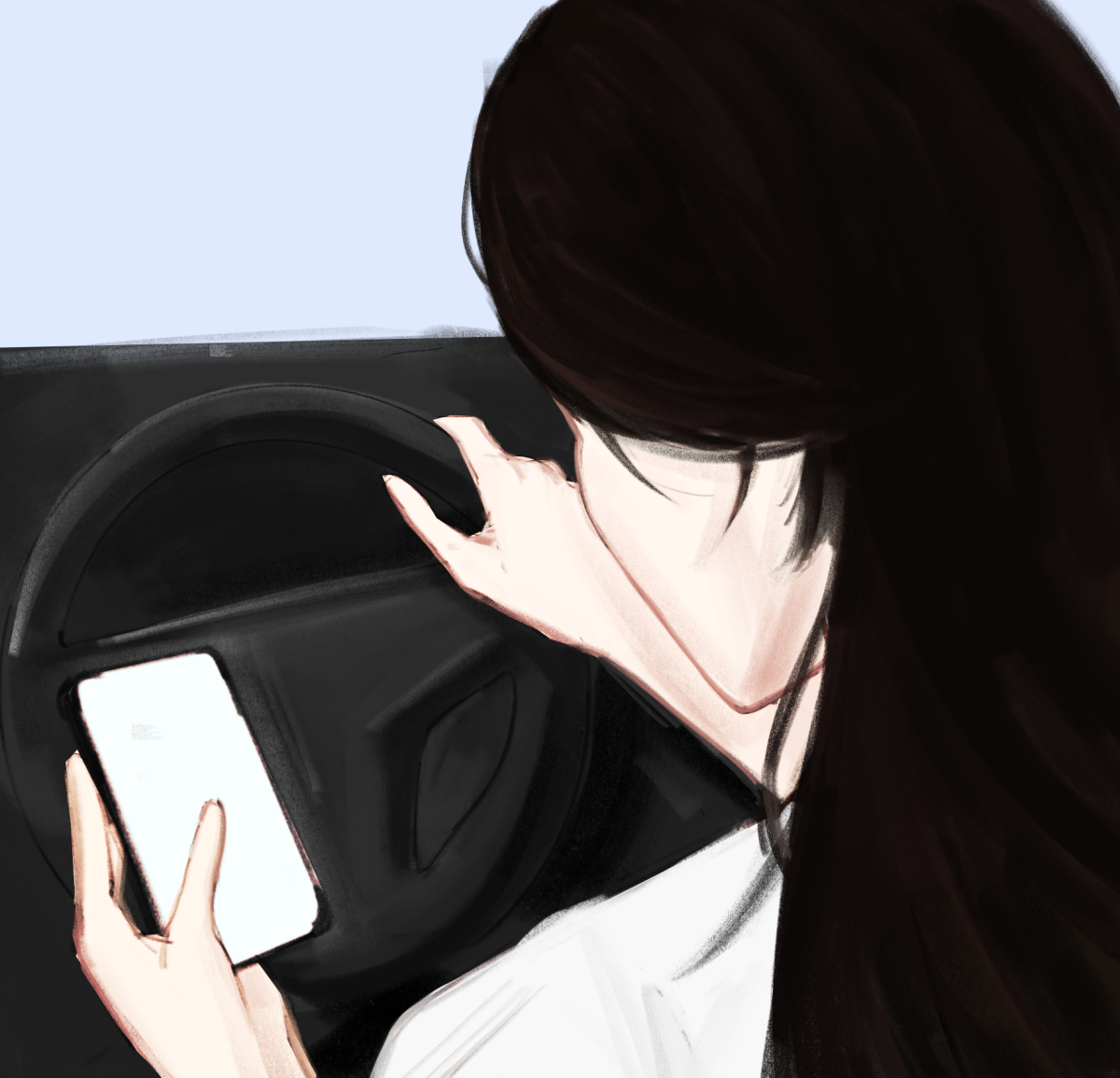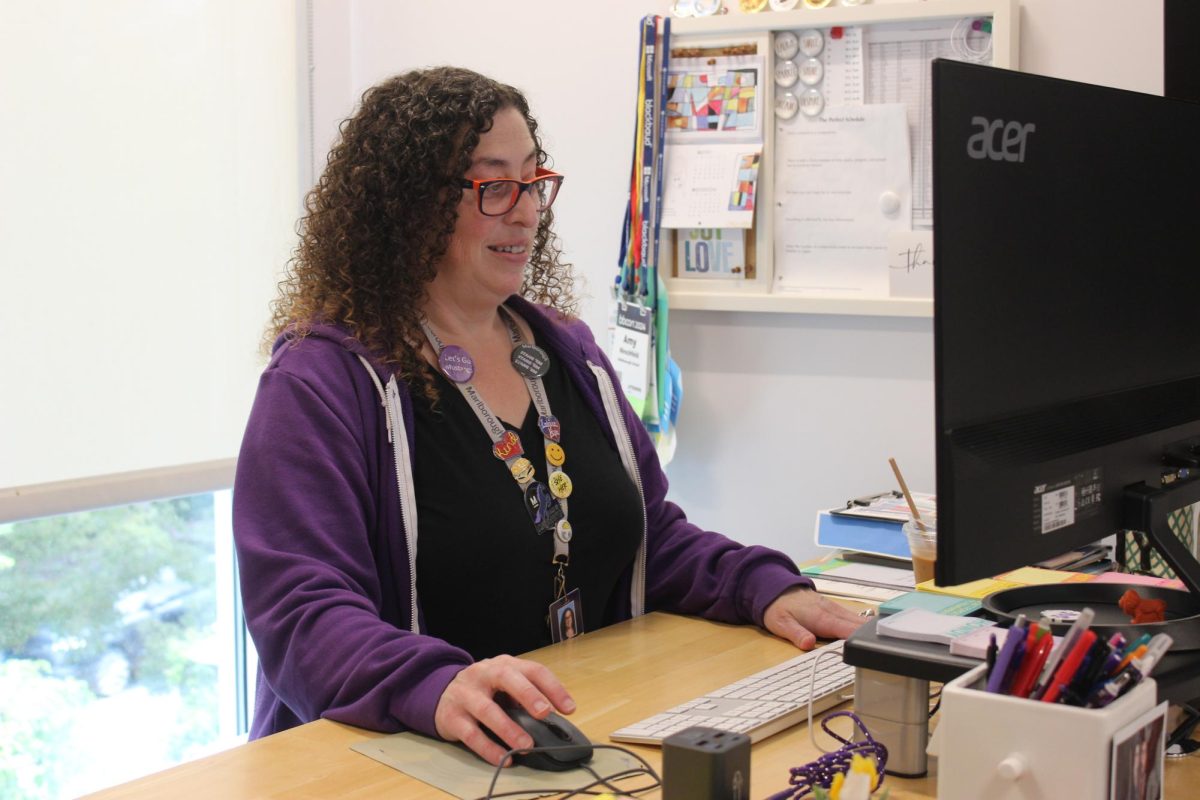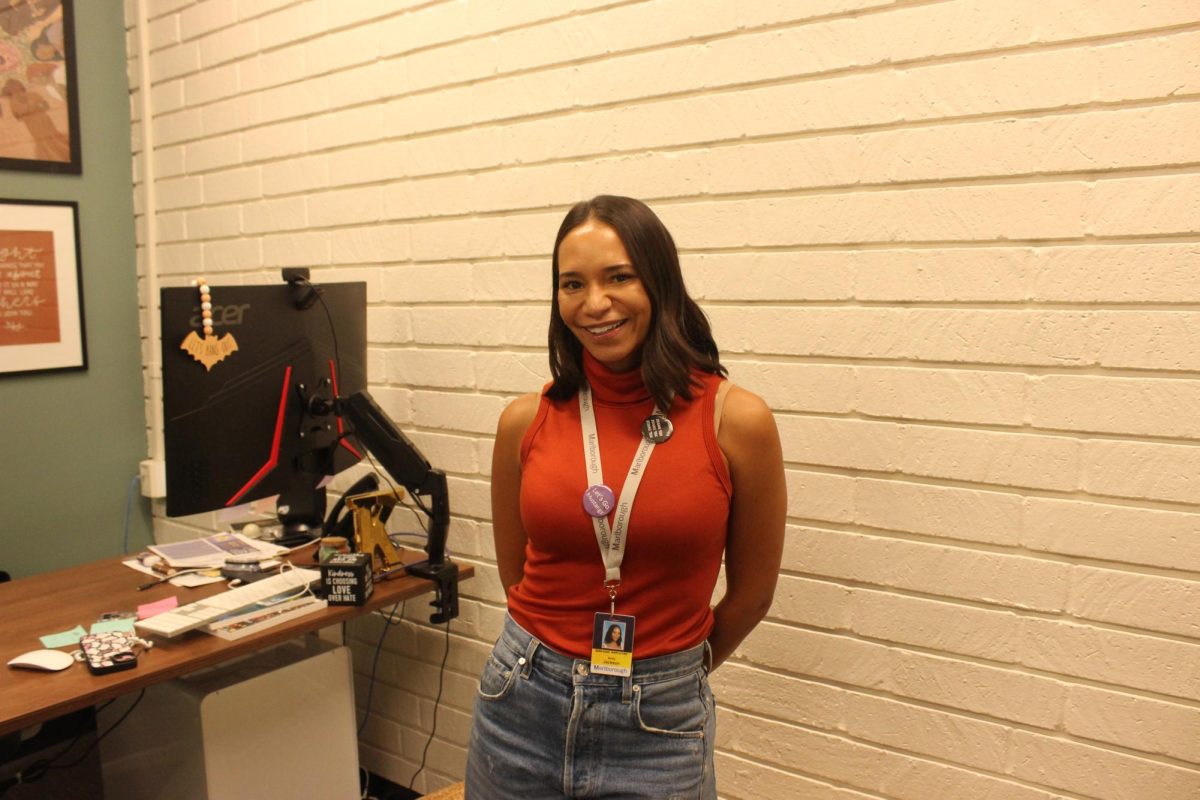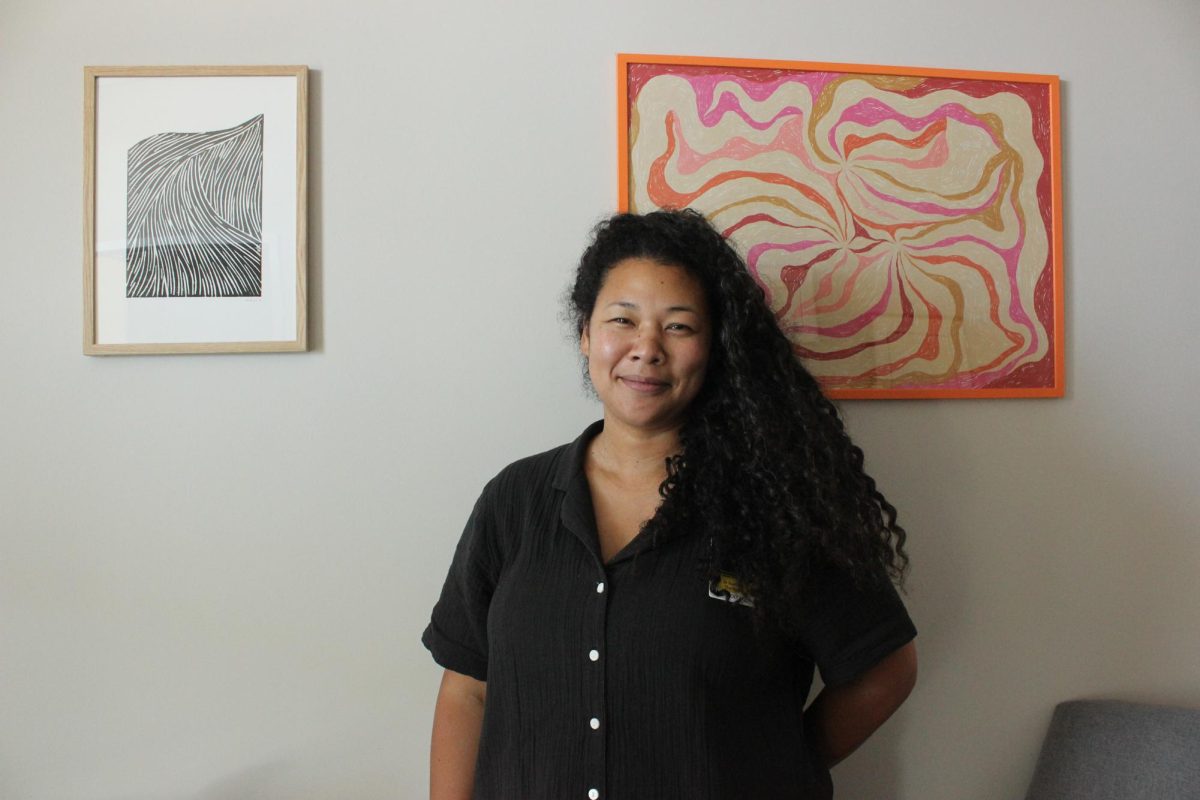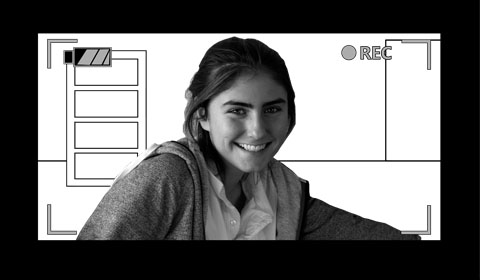
“That’s it: no test scores, no transcripts,” proclaims the video introducing the Goucher Video Application, which first aired on Goucher’s website this September and has since attracted national media attention. In the video, current students of Maryland’s Goucher College speak confidently into the camera, each repeating the same phrase: “I’m more than just a number.” Allowing students to feel that they are “more than just a number” is, in fact, exactly what Goucher aims to accomplish with its new application option.
Beginning this year, students seeking to gain admission to Goucher can choose between two options. The first follows the more traditional college application model and requires students to submit the Common Application, high school transcripts, and teacher recommendations (sending in SAT or ACT test scores is optional). However, students may now opt to take an entirely different route and apply using the Goucher Video Application. Students choosing this option must submit a two-minute-long video in which they answer the question: how do you see yourself at Goucher?
According to Goucher’s website, applicants’ videos will be evaluated on their content and thoughtfulness, structure and organization and clarity and effectiveness. In addition to the video, students must fill out a short online application form containing biographical and demographic information and submit “two works from [their] high school years,” one of which must be a graded writing assignment, by the December 1 early action deadline.
According to Goucher President José A. Bowen, the idea behind the Video Application is to help attract students who feel that their test scores and academic records do not show who they are as a person. A second incentive for creating the new application option is to increase yield. According to the Washington Post, of the 72% of students admitted to Goucher in 2012, only 16% enrolled.
When asked about their thoughts on Goucher’s new application option, many Marlborough seniors expressed conflicting opinions about the concept. Rachel ’15 explained that she doesn’t believe the video would allow Goucher to get a sense of how the applicant is as a student.
“I think the whole thing with some colleges looking at test scores and throwing out applications because they don’t like the test scores is really unfair… but at the same time, I feel like only having a video application doesn’t show the academic side, which is still important,” Rachel said.
Izzy ’15 agreed, adding that the fact that students can also choose the more traditional application route may be unfair.
“It seems like [the video option] makes an uneven playing ground… it just kind of makes it so you’re comparing apples to oranges,” Izzy explained.
Co-director of College Counseling Michael Heeter also noted the potential difficulties in attempting to fairly judge applicants who submit videos, adding that he believes that the majority of Marlborough students would not choose to submit a video if given the option.
“I’m scratching my head a little over the fact that there’s nothing quantitative to evaluate here… so really it’s going to come down to how articulate [the student is]… Why are they exercising this option? That’s going to be inherent in the video,” Heeter said.
Bowen addressed a few of these concerns by elucidating that the college will not judge the production quality of the video, and that in order to prevent bias, applicants’ videos will be evaluated by “a very diverse recruitment force,” according to an interview Bowen gave to NPR.
Despite these perceived concerns, other students agree with Goucher’s philosophy and point out the benefits of the video option.
“I think it’s a really good idea because you can tell if someone is genuinely interested in the school… sometimes in an essay it’s easy to fake being excited,” Charlotte ’15 said. “[The admissions committee] wouldn’t have to keep reading the same two essays over and over again; they’d get to see someone’s unique take on the school.”
As long as applicants answer the question stated on the college’s website, they have a large amount of freedom as to what to include in their video. Bowen explained that a student could demonstrate her skills as a dancer or express her love of science by providing a video of an experiment she has done, for example.
Other colleges in the country have previously given students the opportunity to supplement their application with videos that show skills not demonstrated by a traditional application, such as athletic or performing arts videos. Tufts University, for example, has allowed applicants to include YouTube videos as part of their applications since 2010. However, Goucher is the first U.S. college to allow applicants to apply solely with a video.
Whatever the outcome of Goucher’s new application method, many concede that the college’s decision signals a sharp break with the past. “It’s groundbreaking, without a doubt, and I don’t think anybody is going to follow suit anytime soon,” Heeter remarked.

